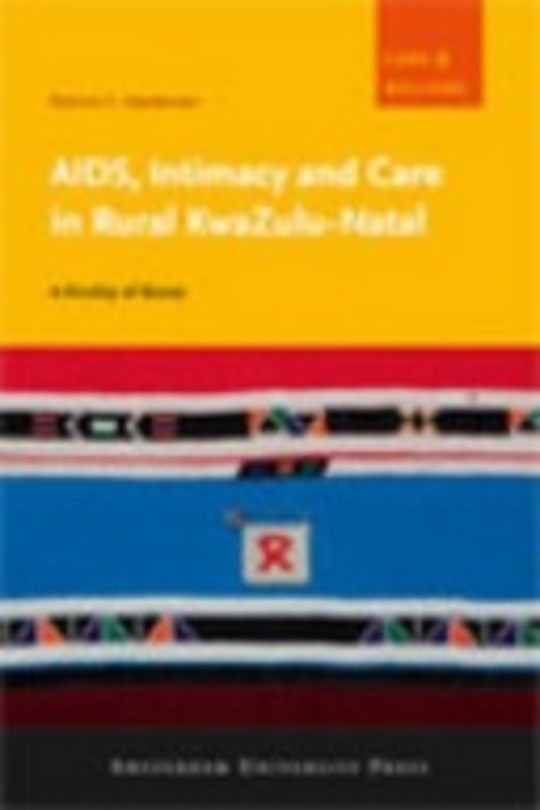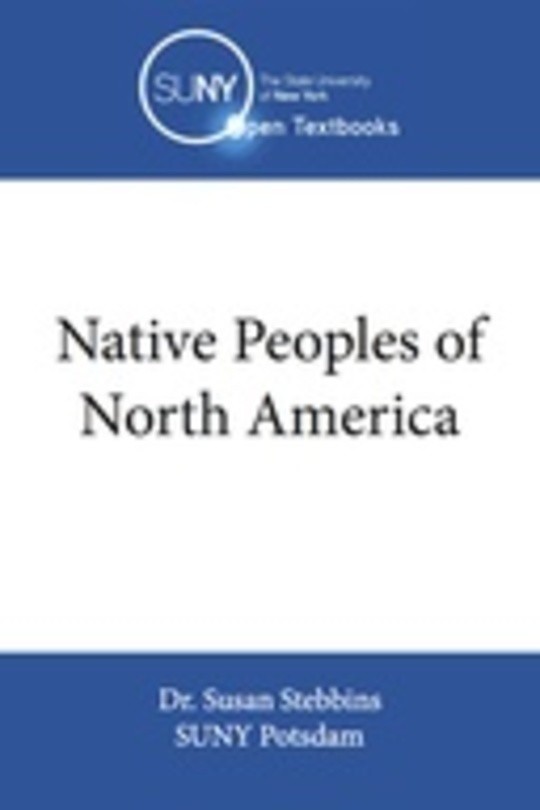
Guts and Brains
Free
Description
Contents
Reviews
Language
English
ISBN
978-90-8728-014-7
Contents
1: Guts and Brains: An Integrative Approach to the Hominin Record
2:Notes on the Implications of the Expensive Tissue Hypothesis for Human Biological and Social Evolution
3: Energetics and the Evolution of Brain Size in Early Homo
4: The Evolution of Diet, Brain and Life. History among Primates and Humans
5: Why Hominins Had Big Brains
6:Ecological Hypotheses for Human Brain Evolution: Evidence for Skill and Learning Processes in the Ethnographic Literature on Hunting
7: Haak en Steek – The Tool that Allowed Hominins to Colonize the African Savanna and to Flourish There
8: Women of the Middle Latitudes.The Earliest Peopling of Europe from a Femaile Perspective
9: The Diet of Early Hominins: Some Things We Need to Know before “Reading” the Menu from the Archaeological Record
10:Diet Shift at the Middle/Upper Palaeolithic Transition in Europe? The Stable Isotope Evidence
11: The Evolution of the Human Niche:Integrating Models with the Fossil Record
Index
The book hasn't received reviews yet.











